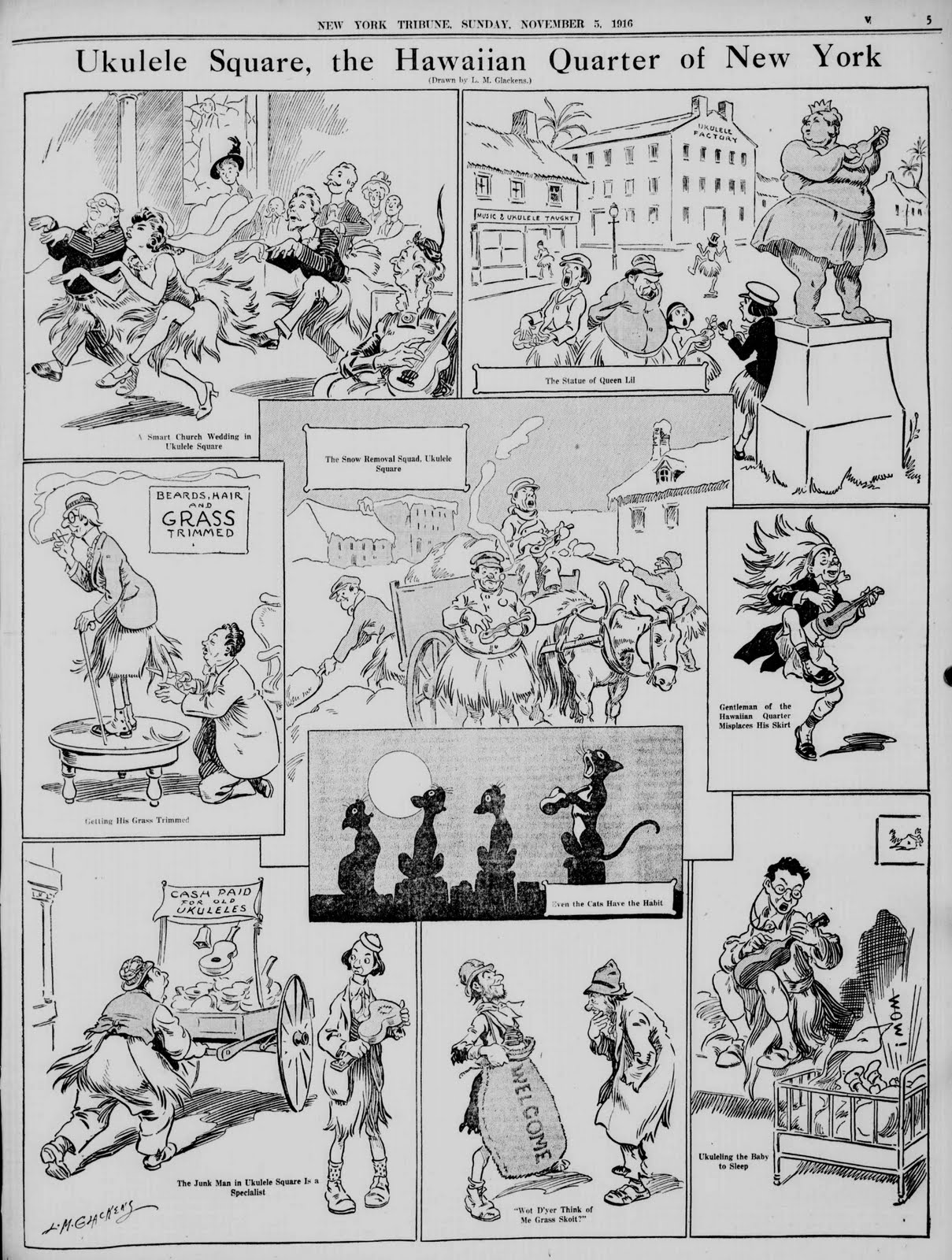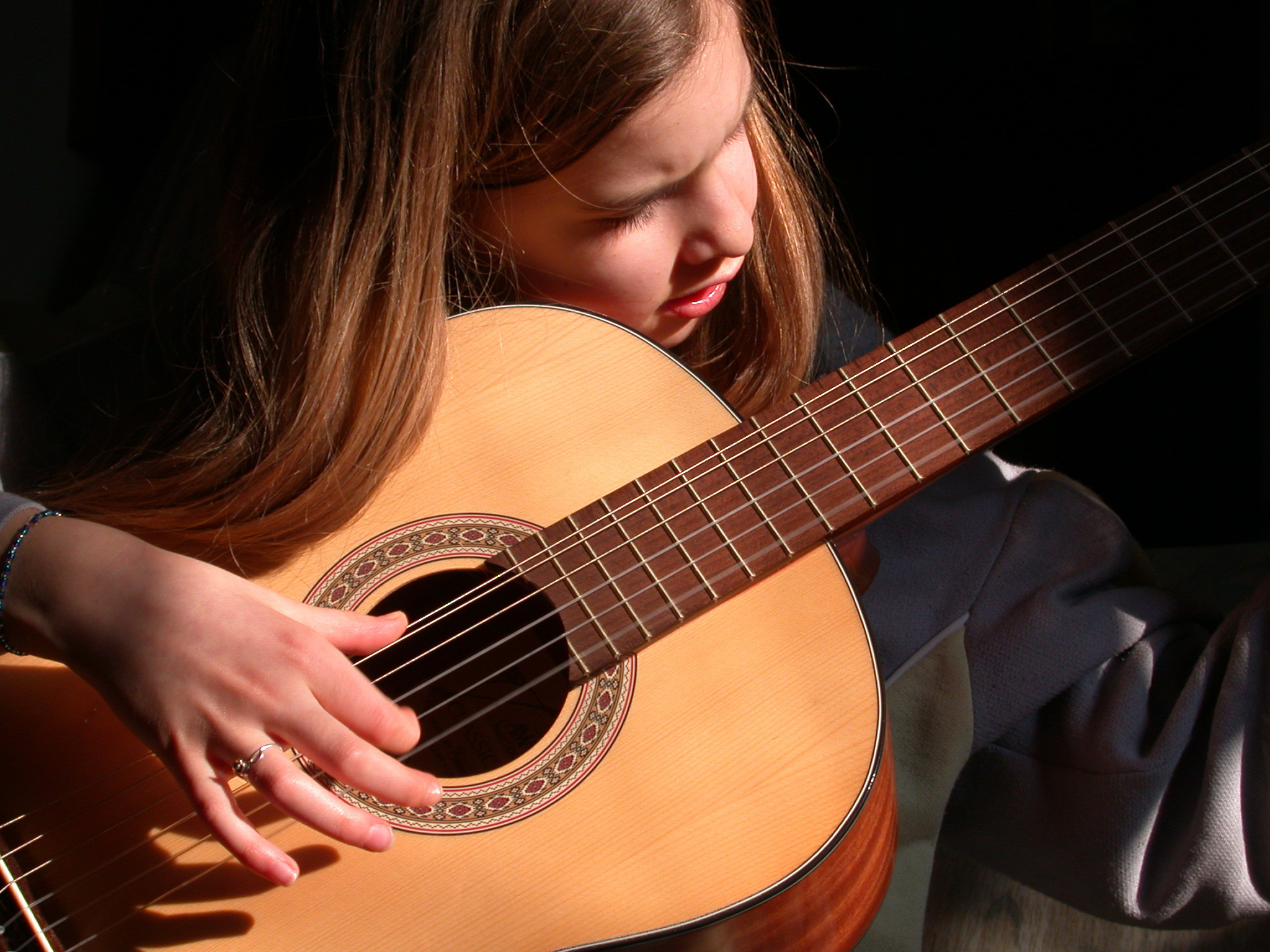|
Cavaquinho
The cavaquinho (pronounced in Portuguese) is a small Portuguese string instrument in the European guitar family, with four wires or gut strings. More broadly, ''cavaquinho'' is the name of a four-stringed subdivision of the lute family of instruments. A cavaquinho player is called a ''cavaquista''. Forms There are several forms of cavaquinho used in different regions and for different styles of music. Separate varieties are named for Portugal, Braga (''braguinha''), Minho (''minhoto''), Lisbon, Madeira, Brazil, and Cape Verde; other forms are the ''braguinha'', ‘''cavacolele''’, cavaco, machete, and ukulele. Portuguese The Venezuelan concert cuatro is very nearly the same instrument, but somewhat larger. Cavaquinho Brasileiro, cavaco, and cuatro The Brazilian cavaquinho is slightly larger than the Portuguese cavaquinho, resembling a small classical guitar. Its neck is raised above the level of the sound box, and the sound hole is usually round, like cavaquinhos from ... [...More Info...] [...Related Items...] OR: [Wikipedia] [Google] [Baidu] |
Samba
Samba (), also known as samba urbano carioca (''urban Carioca samba'') or simply samba carioca (''Carioca samba''), is a Brazilian music genre that originated in the Afro-Brazilian communities of Rio de Janeiro in the early 20th century. Having its roots in Brazilian folk traditions, especially those linked to the primitive rural samba of the colonial and imperial periods, it is considered one of the most important cultural phenomena in Brazil and one of the country's symbols. Present in the Portuguese language at least since the 19th century, the word "samba" was originally used to designate a "popular dance". Over time, its meaning has been extended to a "batuque-like circle dance", a dance style, and also to a "music genre". This process of establishing itself as a musical genre began in the 1910s and it had its inaugural landmark in the song " Pelo Telefone", launched in 1917. Despite being identified by its creators, the public, and the Brazilian music industry as "samb ... [...More Info...] [...Related Items...] OR: [Wikipedia] [Google] [Baidu] |
Samba Cavaco
Samba (), also known as samba urbano carioca (''urban Carioca samba'') or simply samba carioca (''Carioca samba''), is a Brazilian music genre that originated in the Afro-Brazilian communities of Rio de Janeiro in the early 20th century. Having its roots in Brazilian folk traditions, especially those linked to the primitive rural samba of the colonial and imperial periods, it is considered one of the most important cultural phenomena in Brazil and one of the country's symbols. Present in the Portuguese language at least since the 19th century, the word "samba" was originally used to designate a "popular dance". Over time, its meaning has been extended to a "batuque-like circle dance", a dance style, and also to a "music genre". This process of establishing itself as a musical genre began in the 1910s and it had its inaugural landmark in the song " Pelo Telefone", launched in 1917. Despite being identified by its creators, the public, and the Brazilian music industry as "sam ... [...More Info...] [...Related Items...] OR: [Wikipedia] [Google] [Baidu] |
Ukulele
The ukulele ( ; from haw, ukulele , approximately ), also called Uke, is a member of the lute family of instruments of Portuguese origin and popularized in Hawaii. It generally employs four nylon strings. The tone and volume of the instrument vary with size and construction. Ukuleles commonly come in four sizes: soprano, concert, tenor, and baritone. History Developed in the 1880s, the ukulele is based on several small, guitar-like instruments of Portuguese origin, the ''machete'', ''cavaquinho'', '' timple'', and '' rajão'', introduced to the Hawaiian Islands by Portuguese immigrants from Madeira, the Azores and Cape Verde. Three immigrants in particular, Madeiran cabinet makers Manuel Nunes, José do Espírito Santo, and Augusto Dias, are generally credited as the first ukulele makers. Two weeks after they disembarked from the SS ''Ravenscrag'' in late August 1879, the '' Hawaiian Gazette'' reported that "Madeira Islanders recently arrived here, have been delighting t ... [...More Info...] [...Related Items...] OR: [Wikipedia] [Google] [Baidu] |
Ukulele
The ukulele ( ; from haw, ukulele , approximately ), also called Uke, is a member of the lute family of instruments of Portuguese origin and popularized in Hawaii. It generally employs four nylon strings. The tone and volume of the instrument vary with size and construction. Ukuleles commonly come in four sizes: soprano, concert, tenor, and baritone. History Developed in the 1880s, the ukulele is based on several small, guitar-like instruments of Portuguese origin, the ''machete'', ''cavaquinho'', '' timple'', and '' rajão'', introduced to the Hawaiian Islands by Portuguese immigrants from Madeira, the Azores and Cape Verde. Three immigrants in particular, Madeiran cabinet makers Manuel Nunes, José do Espírito Santo, and Augusto Dias, are generally credited as the first ukulele makers. Two weeks after they disembarked from the SS ''Ravenscrag'' in late August 1879, the '' Hawaiian Gazette'' reported that "Madeira Islanders recently arrived here, have been delighting t ... [...More Info...] [...Related Items...] OR: [Wikipedia] [Google] [Baidu] |
Madeira
) , anthem = ( en, "Anthem of the Autonomous Region of Madeira") , song_type = Regional anthem , image_map=EU-Portugal_with_Madeira_circled.svg , map_alt=Location of Madeira , map_caption=Location of Madeira , subdivision_type=Sovereign state , subdivision_name=Portugal , established_title=Discovery , established_date=1418-1419 , established_title2=Settlement , established_date2=c. 1425 , established_title3=Autonomous status , established_date3=30 April 1976 , named_for = en, wood ( pt, madeira) , official_languages= Portuguese , demonym= en, Madeiran ( pt, Madeirense) , capital = Funchal , government_type=Autonomous Region , leader_title1=Representative of the Republic , leader_name1=Irineu Barreto , leader_title2= President of the Regional Government of Madeira , leader_name2= Miguel Albuquerque , leader_title3=President of the Legislative Assembly , leader_name3=José Manuel Rodrigues , legislature= Legislative Assembly , national_representation=Nation ... [...More Info...] [...Related Items...] OR: [Wikipedia] [Google] [Baidu] |
Cuatro (instrument)
The cuatro is a family of Latin American string instruments played in Puerto Rico, Venezuela and other Latin American countries. It is derived from the Spanish guitar. Although some have viola-like shapes, most cuatros resemble a small to mid-sized classical guitar. In Puerto Rico and Venezuela, the cuatro is an ensemble instrument for secular and religious music, and is played at parties and traditional gatherings. Cuatro means ''four'' in Spanish; the instrument's 15th century predecessors were the Spanish vihuela and the Portuguese cavaquinho, the latter having four strings like the cuatro. Modern cuatros come a variety of sizes and shapes, and number of strings. Cuatros can either have single-strings, like a guitar, or double- or triple-coursed strings like a mandolin, and vary in size from a large mandolin or small guitar, to the size of a full-size guitar. Depending on their particular stringing, cuatros are part of the guitar or mandolin subfamilies of the lute fa ... [...More Info...] [...Related Items...] OR: [Wikipedia] [Google] [Baidu] |
Portugal
Portugal, officially the Portuguese Republic ( pt, República Portuguesa, links=yes ), is a country whose mainland is located on the Iberian Peninsula of Southwestern Europe, and whose territory also includes the Atlantic archipelagos of the Azores and Madeira. It features the westernmost point in continental Europe, and its Iberian portion is bordered to the west and south by the Atlantic Ocean and to the north and east by Spain, the sole country to have a land border with Portugal. Its two archipelagos form two autonomous regions with their own regional governments. Lisbon is the capital and largest city by population. Portugal is the oldest continuously existing nation state on the Iberian Peninsula and one of the oldest in Europe, its territory having been continuously settled, invaded and fought over since prehistoric times. It was inhabited by pre-Celtic and Celtic peoples who had contact with Phoenicians and Ancient Greek traders, it was ruled by the Ro ... [...More Info...] [...Related Items...] OR: [Wikipedia] [Google] [Baidu] |
Classical Guitar
The classical guitar (also known as the nylon-string guitar or Spanish guitar) is a member of the guitar family used in classical music and other styles. An acoustic wooden string instrument with strings made of gut or nylon, it is a precursor of the modern acoustic and electric guitars, both of which use metal strings. Classical guitars derive from the Spanish vihuela and gittern of the fifteenth and sixteenth century. Those instruments evolved into the seventeenth and eighteenth-century baroque guitar—and by the mid-nineteenth century, early forms of the modern classical guitar. For a right-handed player, the traditional classical guitar has twelve frets clear of the body and is properly held up by the left leg, so that the hand that plucks or strums the strings does so near the back of the sound hole (this is called the classical position). However, the right-hand may move closer to the fretboard to achieve different tonal qualities. The player typically holds the left ... [...More Info...] [...Related Items...] OR: [Wikipedia] [Google] [Baidu] |
Sound Box
A sound box or sounding box (sometimes written soundbox) is an open chamber in the body of a musical instrument which modifies the sound of the instrument, and helps transfer that sound to the surrounding air. Objects respond more strongly to vibrations at certain frequencies, known as resonances. The frequency and strength of the resonances of the body of a musical instrument have a significant impact on the tone quality it produces. The air inside the chamber has its own resonances, and these interact with the resonances of the body, altering the resonances of the instrument as a whole. The sound box typically adds resonances at lower frequencies, enhancing the lower-frequency response of the instrument. The distinctive sound of an instrument with a sound box owes a lot to the alteration made to the tone. A sound box is found in most string instruments. The most notable exceptions are some electrically amplified instruments like the solid body electric guitar or the electric vi ... [...More Info...] [...Related Items...] OR: [Wikipedia] [Google] [Baidu] |
Machete (musical Instrument)
Older machete from Latin America Gerber machete/saw combo Agustín Cruz Tinoco of San Agustín de las Juntas, Oaxaca">San_Agustín_de_las_Juntas.html" ;"title="Agustín Cruz Tinoco of San Agustín de las Juntas">Agustín Cruz Tinoco of San Agustín de las Juntas, Oaxaca uses a machete to carve wood. file:Mexican machete.JPG, Mexican machete, from Acapulco, 1970. Horn handle, hand forged blade (hammer marks visible). A machete (; ) is a broad blade used either as an agricultural implement similar to an axe, or in combat like a long-bladed knife. The blade is typically long and usually under thick. In the Spanish language, the word is possibly a diminutive form of the word ''macho'', which was used to refer to sledgehammers. Alternatively, its origin may be ''machaera'', the name given by the Romans to the falcata. It is the origin of the English language equivalent term ''matchet'', though it is less commonly used. In much of the English-speaking Caribbean, such as Jama ... [...More Info...] [...Related Items...] OR: [Wikipedia] [Google] [Baidu] |
Portuguese (language)
Portuguese ( or, in full, ) is a western Romance language of the Indo-European language family, originating in the Iberian Peninsula of Europe. It is an official language of Portugal, Brazil, Cape Verde, Angola, Mozambique, Guinea-Bissau and São Tomé and Príncipe, while having co-official language status in East Timor, Equatorial Guinea, and Macau. A Portuguese-speaking person or nation is referred to as "Lusophone" (). As the result of expansion during colonial times, a cultural presence of Portuguese speakers is also found around the world. Portuguese is part of the Ibero-Romance group that evolved from several dialects of Vulgar Latin in the medieval Kingdom of Galicia and the County of Portugal, and has kept some Celtic phonology in its lexicon. With approximately 250 million native speakers and 24 million L2 (second language) speakers, Portuguese has approximately 274 million total speakers. It is usually listed as the sixth-most spoken language, the third-most spoke ... [...More Info...] [...Related Items...] OR: [Wikipedia] [Google] [Baidu] |







